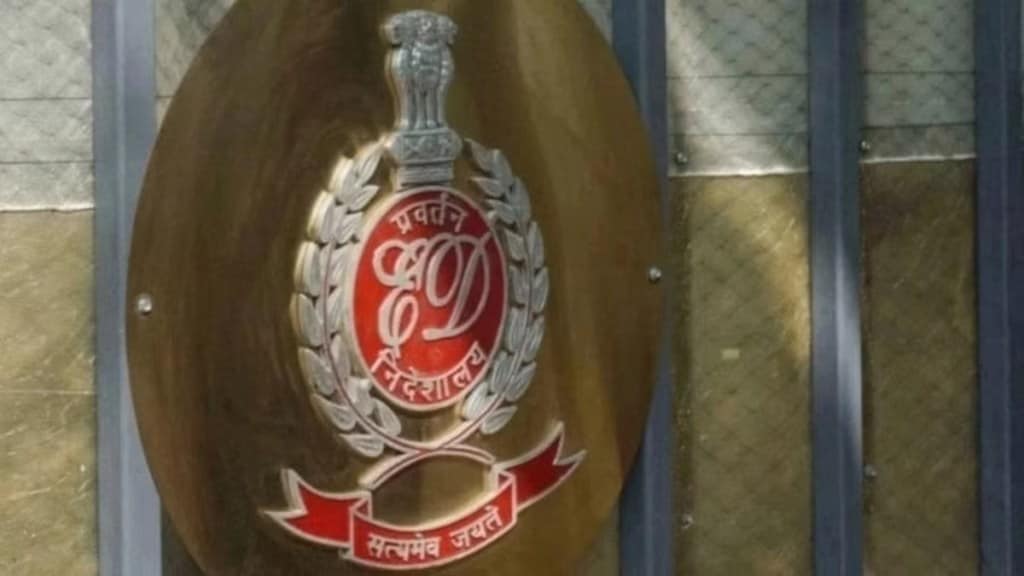By Shriram Subramanian
The Enforcement Directorate’s (ED) recent summons to senior advocates Arvind Datar and Pratap Venugopal triggered swift outrage from India’s legal fraternity, leading to the agency quickly retracting its action. Yet, beneath the surface indignation lies a fundamental question: Should lawyers be immune from investigative scrutiny simply because they represent clients?
In November 2023, InGovern Research put out a report highlighting that the grant of employee stock ownership plans (Esops) by Care Health Insurance to Rashmi Saluja — despite explicit rejection by the Insurance Regulatory and Development Authority of India (IRDAI) — was not only against the law, but also against the shareholder interests of the listed parent company, Religare. Over 80% of the Esops, valued at over `400 crore, were issued to one individual — Saluja, the chairman and managing director of Religare who was also a non-executive director of Care Health Insurance. This issuance of Esops against the law is the core of the ED investigation. The ED issued summons under Section 50 of the Prevention of Money Laundering Act to the two senior advocates due to their advisory roles in decisions under investigation.
The legal community objected fiercely, invoking attorney-client privilege as a sacrosanct barrier. The ED’s move was labelled an overreach that threatened professional independence. But such a response risks conflating legitimate privilege with blanket immunity — raising troubling implications for transparency and rule of law. At the heart of a just system lies the principle that no profession, however esteemed, can operate beyond the reach of lawful scrutiny. On closer examination, there are compelling legal and practical grounds to support investigative authorities summoning lawyers in appropriate circumstances.
Section 50 of PMLA grants broad powers: This provision explicitly authorises the ED to summon “any person” who may have knowledge of facts relevant to a case. It does not carve out exceptions for legal professionals. Parliament’s intent was clear: allow unfettered access to the truth, regardless of profession, while operating within the limits of law.
Attorney-client privilege is not absolute
The Bhartiya Sakshya Adhiniyam, 2023 — India’s revamped evidence law — clearly excludes from privilege any communications made in furtherance of unlawful purposes or fraud. Where there are credible reasons to believe legal advice facilitated wrongdoing, privilege cannot be a shield. Globally too, similar exceptions exist to prevent privilege from becoming a tool for impunity.
Lawyers often wear many hats
Venugopal was not just a legal advisor — he was also an independent director of Care Health Insurance. In such dual roles, lawyers may have access to operational or managerial information that is not covered by privilege. It is essential to distinguish between legal counsel and executive involvement. Failing to do so allows crucial facts to be concealed behind a professional label.
Precedent supports investigative access
Indian courts have repeatedly affirmed that attorney-client privilege is a safeguard, not a sanctuary. Investigative and regulatory bodies have been permitted to engage with lawyers, so long as they respect the limits of privilege. The judiciary has consistently stressed that privilege must not obstruct inquiries into potential misconduct.
ED’s retreat raises concerns
The agency’s prompt withdrawal of the summons following protests by the legal elite risks sending the wrong signal — that professional prominence can override investigative due process. Such a precedent erodes trust in institutions and implies that certain individuals or professions are beyond scrutiny.
To be clear, this is not an argument for unrestrained intrusion into confidential legal exchanges. Lawyers are rightly entitled to protect privileged communications. But cooperation on non-privileged matters — clarifying roles, procedures, and factual timelines — does not violate that protection. On the contrary, such engagement enhances transparency and strengthens the legitimacy of legal institutions.
Ultimately, the legal profession has a duty not just to clients, but also to the cause of justice itself. The integrity of our institutions depends on ensuring that professional privilege does not morph into investigative immunity. Cooperation — measured, lawful, and transparent — should be the standard response to investigative queries. This is the only way to safeguard both the sanctity of privilege and the imperative of accountability.
The writer founder and MD, InGovern Research Services.
Disclaimer: Views expressed are personal and do not reflect the official position or policy of FinancialExpress.com. Reproducing this content without permission is prohibited.


